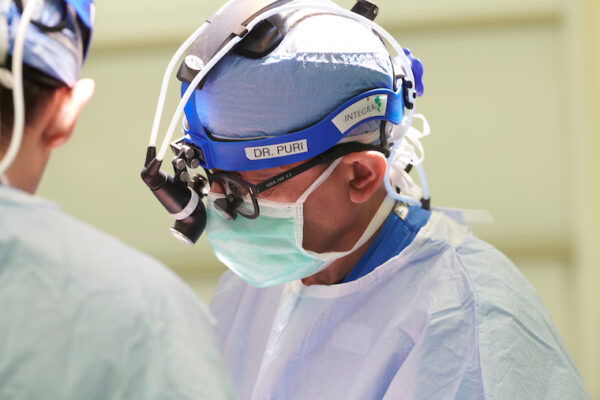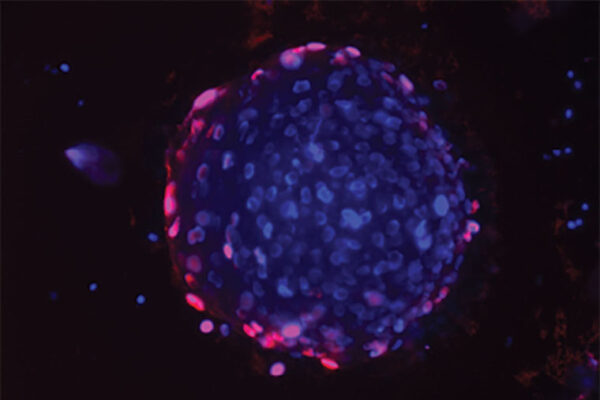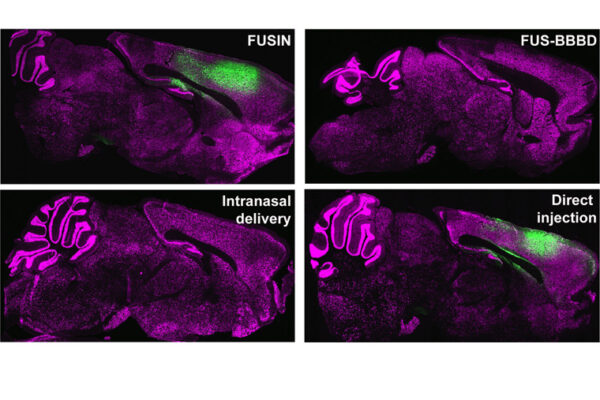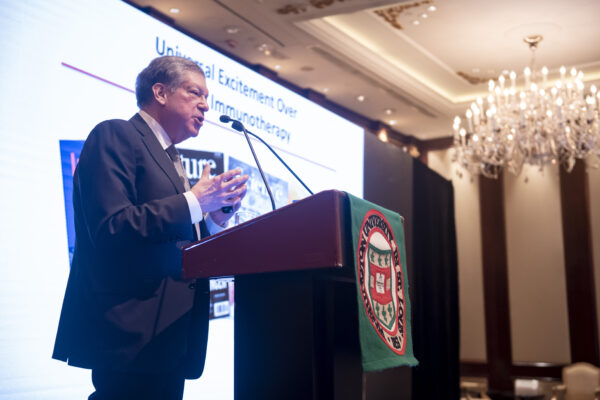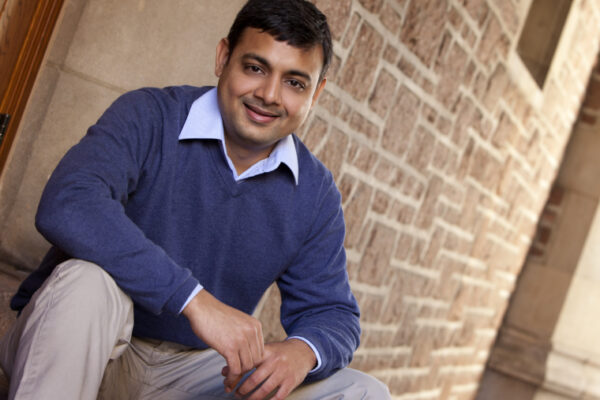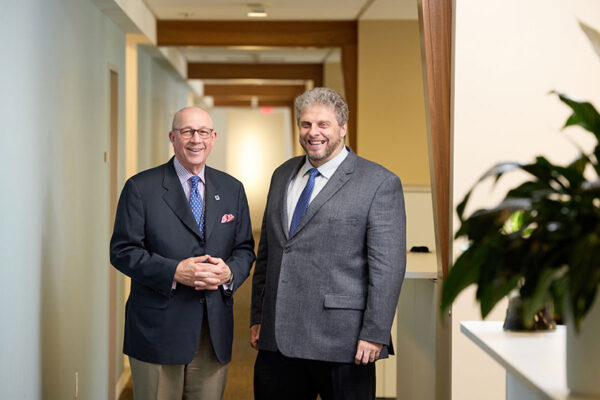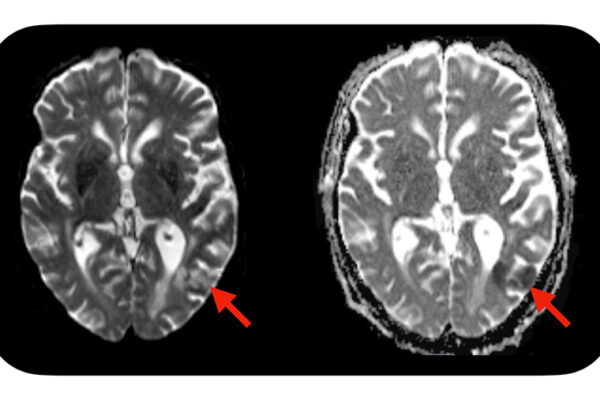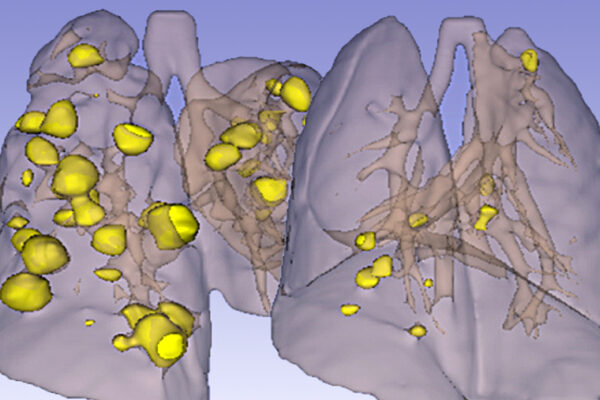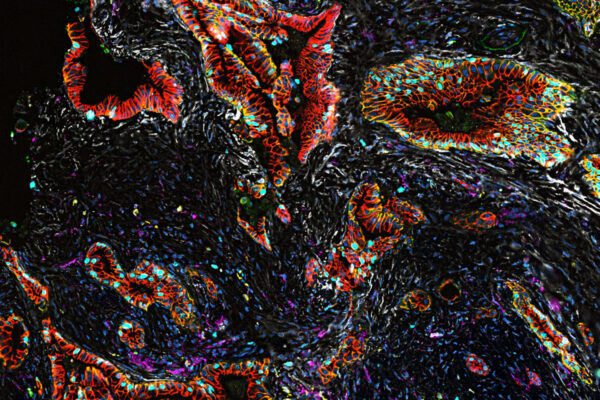More frequent CT scans not associated with improved outcomes after lung cancer surgery
A new study by researchers at Washington University School of Medicine found that undergoing more frequent computed tomography (CT) scans was not associated with improved outcomes following lung cancer surgery.
Drug triggers immune cells to attack prostate cancer
A drug compound attacks hard-to-treat prostate cancer on several fronts, according to a School of Medicine study in mice and human cells. It triggers immune cells to attack, helps the immune cells penetrate the tumor and cuts off the tumor’s ability to burn testosterone as fuel.
A sound approach for effective gene therapy delivery to brain
Hong Chen’s lab at the McKelvey School of Engineering has developed a noninvasive focused ultrasound intranasal delivery method to help treat central nervous system diseases and tumors.
Schreiber honored for cancer immunotherapy research
Robert D. Schreiber, the Andrew M. and Jane M. Bursky Distinguished Professor at the School of Medicine, has received the 2023 Richard V. Smalley Memorial Award from the Society for Immunotherapy of Cancer.
WashU researchers observe cancer-like nucleoli in healthy cells
A discovery in the lab of Amit Pathak at the McKelvey School of Engineering connects mechanobiology to nuclear condensates in healthy cells.
Siteman, University of Missouri to collaborate on cancer research, with aim to improve care
Siteman Cancer Center and the University of Missouri will collaborate on cancer research, with the aim to improve care throughout Missouri.
School of Medicine joins NIH initiative to expand use of AI in biomedical research
Washington University School of Medicine is joining the National Institutes of Health (NIH)’s Bridge2AI program, an estimated $130 million initiative. One project aims to develop a framework for using artificial intelligence to diagnose disease based on the sound of patients’ voices.
Simple blood test predicts neurotoxic complications of CAR-T cell therapy
A new study from Washington University School of Medicine suggests a simple blood test — administered before CAR-T cell treatment is initiated — may identify which patients are predisposed to developing neurotoxic side effects after CAR-T cell therapy, which is used to treat several cancers.
Drug combo therapy in mice blocks drug resistance, halts tumor growth
An experimental combination of two drugs halts the progression of small cell lung cancer, the deadliest form of lung cancer, according to a study in mice from researchers at Washington University School of Medicine in St. Louis and colleagues.
Study offers insights into how pancreatic cancer develops
A new study from Washington University School of Medicine has revealed the details of two key transition points in the development of pancreatic cancer. The study provides insights into treatment resistance and how immunotherapy could be harnessed to treat this aggressive tumor type.
Older Stories
